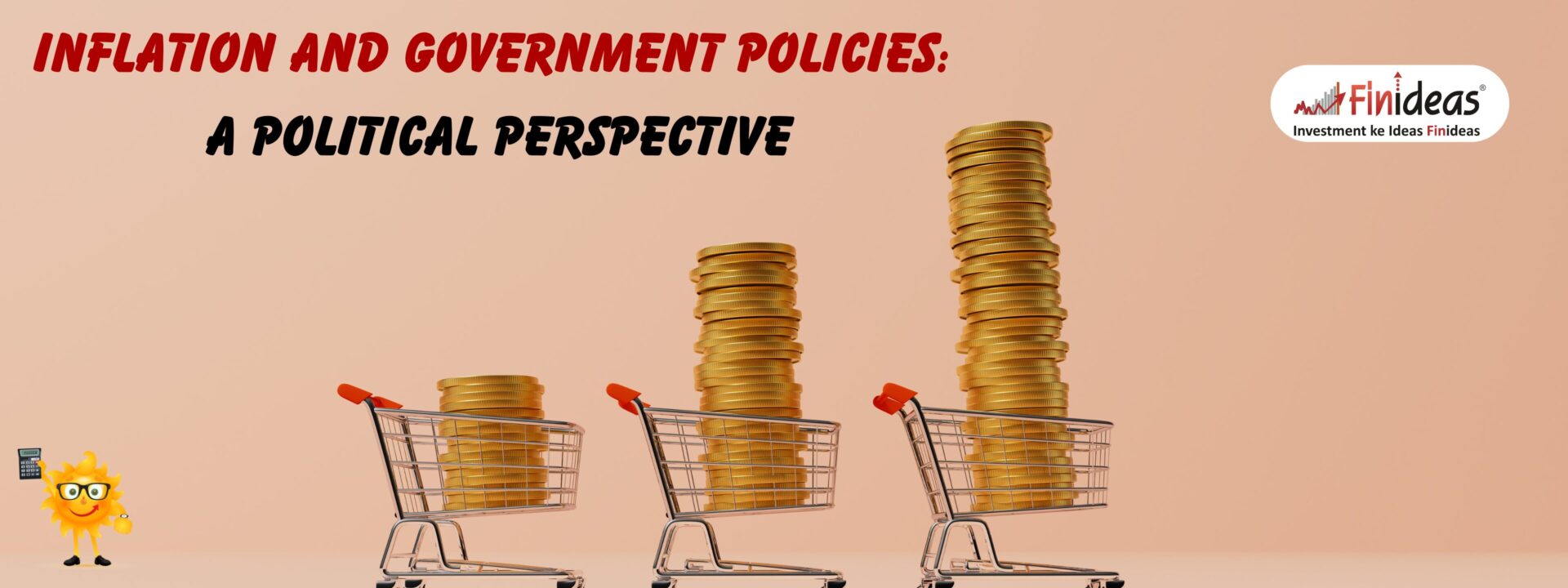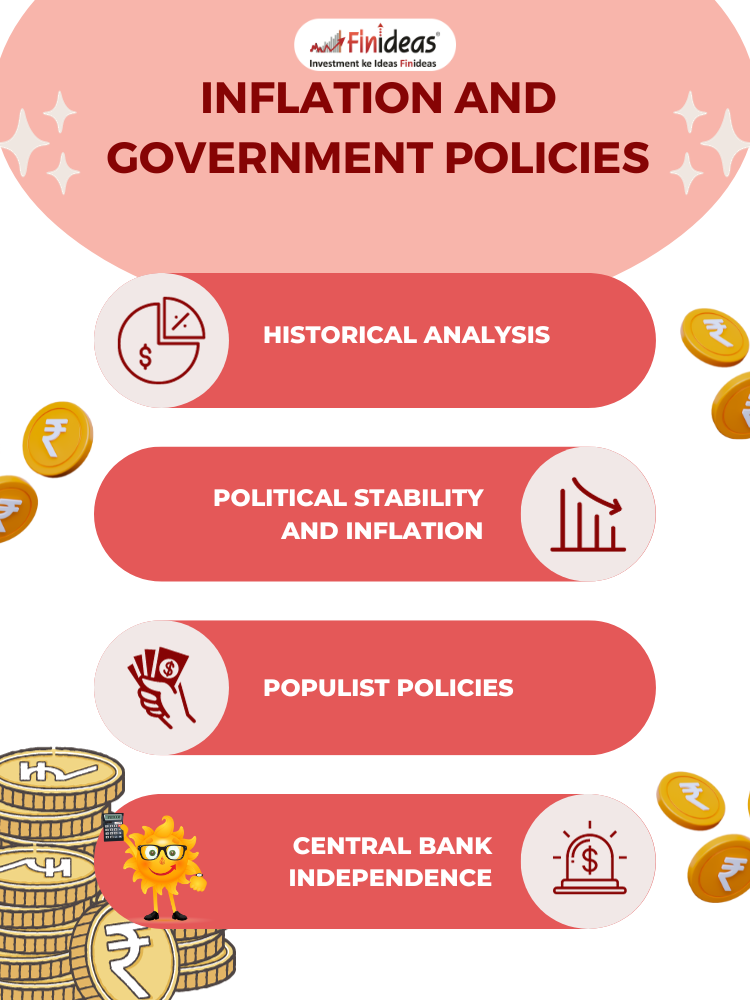Inflation and Government Policies: A Political Perspective
Introduction:
In the intricate dance of economic stability and political maneuvering, inflation and government policies stand intertwined. This exploration unravels their connections through a political lens, spanning historical nuances, impacts of political stability, and the interplay of monetary and fiscal decisions.
Historical Analysis:
Different political regimes leave unique imprints on a nation’s economic landscape. From post-war Germany’s hyperinflation to prudent measures during stability, history showcases how politics shapes economic destinies.
Political Stability and Inflation:
Stable political environments foster growth and prudent policies, controlling inflation. Political instability begets economic uncertainty, exacerbating inflationary pressures. The correlation between stability and inflation control is crucial for sustainable outcomes.
Populist Policies:
The allure of populist policies often yields short-term gains at the expense of long-term stability. We scrutinize instances where such measures spur inflation, revealing the dance between political expediency and economic prudence.
Election Cycles and Policies:
Governments manipulate economic policies, including inflation measures, during election cycles. We uncover nuanced strategies employed by political actors to align economic tides with voting timelines.
Central Bank Independence:
The delicate balance between central bank autonomy and political influence is explored, revealing implications for inflation targeting and economic stability.
Government Spending and Inflation:
Judicious government spending is potent for economic management, but without restraint, it risks stoking inflation. We explore political motivations behind spending, offering insights into balancing stimulus with inflation constraints.
Monetary Policy and Political Influence:
Political considerations influence monetary policies. We delve into the intricate web of political influence on economic stewardship, highlighting consequences when short-term gains override long-term stability.
Globalization and Inflation Responses:
In an era of global interconnectedness, inflation responses grapple with challenges across international markets. We uncover complexities in political decision-making amid economic interdependence.
Social Unrest and Inflation:
High inflation fuels social unrest. Navigating the intricate relationship between inflation and managing public dissatisfaction reveals the delicate task of political leaders.
Inflation and Income Inequality:
Government policies to control inflation influence income distribution, with potential political repercussions.
International Comparisons:
Comparing approaches from different countries provides insights into successes and pitfalls of government strategies. Readers ponder lessons from nations facing similar economic challenges.
Rhetoric vs. Reality:
Instances where political promises clash with economic realities are dissected, shedding light on challenges in aligning political messaging with economic policymaking.
Corruption and Inflation:
Corruption within government institutions connects to economic stability. Exploring the link between corruption and inflation unveils the political dimensions of this dark underbelly.
Policy Response to External Shocks:
External economic shocks demand swift policy responses, highlighting the delicate balance between crisis management and political stability.
Public Perception in Inflation Policies:
Public sentiment shapes political landscapes and plays a pivotal role in the success or failure of inflation policies. The final section examines how public perceptions influence political decisions.
Also you must know about Index Long Term Strategy for long term investment ideas.
Conclusion:
Inflation and government policies, viewed through a political lens, reveal a rich tapestry of interconnected forces. From historical echoes shaping the present to the delicate dance between stability and economic outcomes, this exploration provides a deeper understanding of challenges faced by governments in harmonizing political imperatives with economic prudence. As we conclude this exploration, we invite you, our readers, to share your insights. What role do you believe public perception plays in shaping effective government policies to address inflation? Comment below with your thoughts and perspectives on this crucial intersection of politics and economics.
Happy Investing!
This article is for education purpose only. Kindly consult with your financial advisor before doing any kind of investment.


